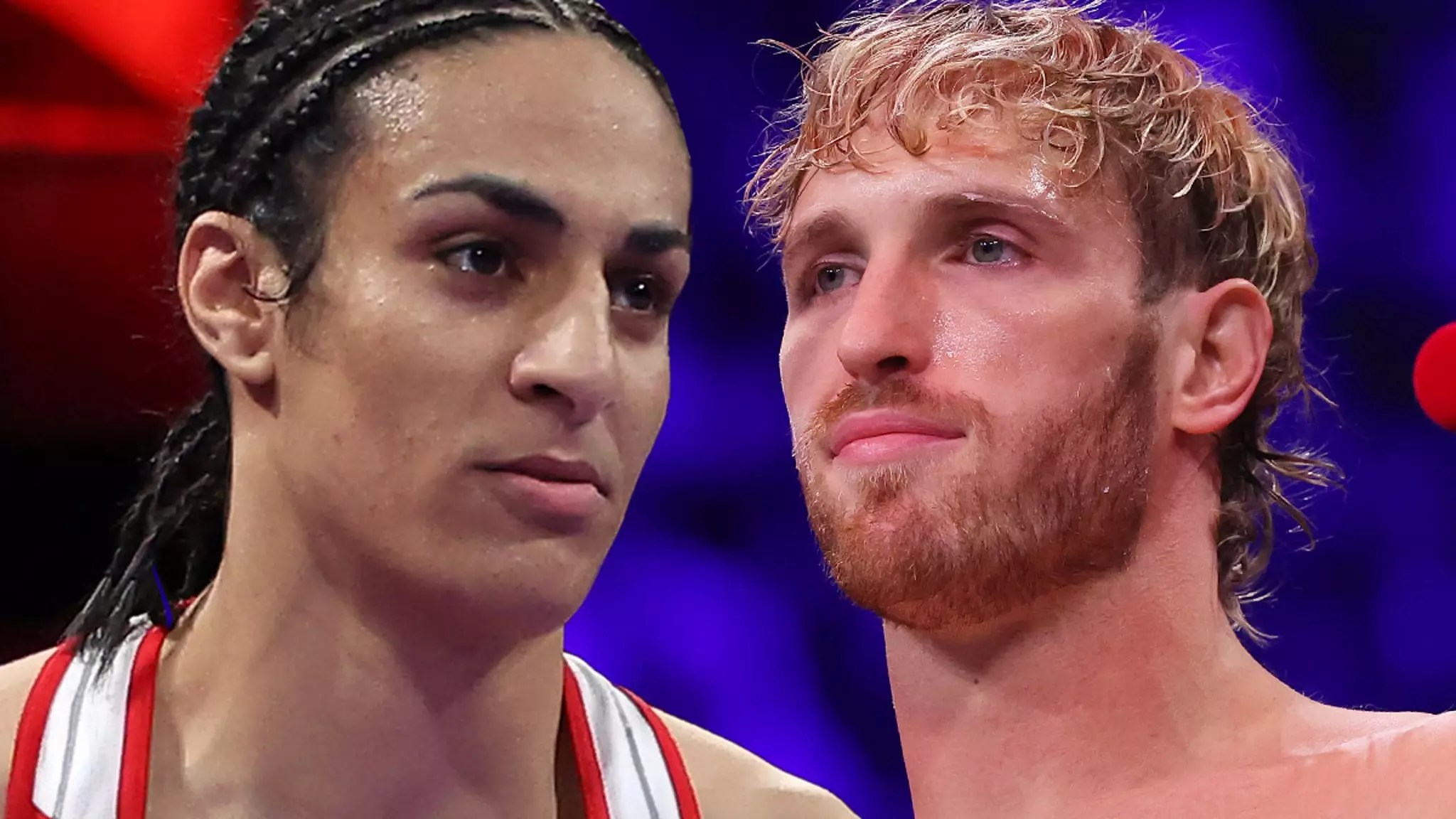Logan Paul recently came under fire for his comments regarding Algerian Olympic boxer Imane Khelif. Paul criticized Olympic officials for allowing Khelif to compete, despite failing an undisclosed gender test in 2023. Reports suggested that Khelif had elevated testosterone levels and XY chromosomes, typically found in males. Paul, along with other celebrities and athletes, condemned the decision to let Khelif compete, with Paul even going so far as to call it “the purest form of evil.”
However, it was later revealed that Khelif was actually born female. Paul deleted his initial post and released a new statement, acknowledging that he may have unintentionally spread misinformation. While recognizing Khelif’s previous disqualification and XY chromosomes, Paul admitted that some sources claim Khelif was born a biological woman. Despite this clarification, Paul maintained his stance that biological men should not compete against biological women in any sport.
Paul’s revision of his comments sparked further discussions on the topic. Two-time Olympic gold medal-winning boxer Claressa Shields also apologized for initially labeling Khelif as “transgender.” The International Olympic Committee stood by their decision to allow Khelif to compete, along with Taiwan’s Lin Yu-ting, stating that both athletes have been competing in the women’s division for years. Khelif is scheduled to compete again on Saturday, indicating that the story is far from over.
The controversy surrounding Logan Paul’s comments on Imane Khelif sheds light on the complexities of gender identity and sports participation. While initial reactions may have been based on incomplete information, it is essential to approach such sensitive topics with care and understanding. As the debate continues, it is crucial to respect the rights and identities of all athletes, regardless of their gender. Ultimately, clear communication and empathy can lead to a more inclusive and supportive sports environment for everyone involved.







Leave a Reply